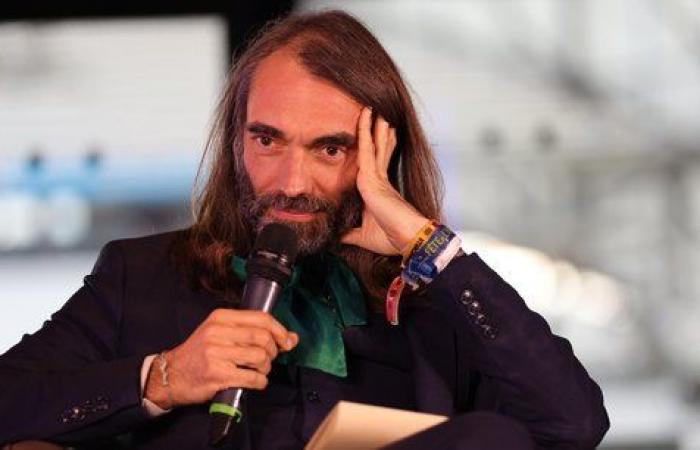It’s a superlative that is on everyone’s lips in the artificial intelligence (AI) industry: « superintelligence »promised by OpenAI. It could emerge in “only a few thousand days”recently estimated Sam Altman, the boss of the company that created ChatGPT. All on the occasion of the launch of a new family of AI models, equipped with complex reasoning capabilities and supposed to represent a first step towards autonomous AI.
The principle? The results are improving and, at this rate, superintelligence could be achieved quickly, surpassing human intelligence, deciphers the former MP and author of the national AI strategy, Cédric Villani. Already, “On certain tasks, artificial intelligences do much better than humans. This is true for a diagnosis of cancer or a fracture, or in a game of go, in short, in all kinds of activities”points out the mathematician.
Xavier Niel: “To support the economy, we need stability from public authorities”
However, if, when speaking of intelligence, we refer to “a being who is aware of being a being and makes a decision”the Fields medalist displays his skepticism. “It is not clear that we have advanced even an inch in there “. And to decide: “Superintelligence is a way to recover super billions”.
Beyond analytical reasoning
“The word ‘artificial intelligence’ was created at a time when human intelligence was reduced to analytical intelligence”says algorithmic doctor and entrepreneur Aurélie Jean. A vision that no longer corresponds to that of today's psychology and neuroscience, which report intelligences in the plural – emotional, creative or practical.
Under these conditions, if general intelligence is capable of mastering, modeling and simulating all of the cognitive tasks of a human being, this should therefore include “analytical reasoning, of course, but also emotions and consciousness”deduces Aurélie Jean. However, training an algorithm remains an optimization calculation, fed with thousands of parameters. What if we can build a conversational agent that will tell us ” i love you “ – this does not mean that he will feel this emotion… So, for Aurélie Jean, there are on the one hand the scientists who do not believe in this possibility, and then, “a few who do marketing and communication. Sam Altman is one of them ».
Far from general superintelligence
Similar echo from Edouard Grave, researcher at the French Kyutai laboratory. “Concepts such as consciousness or will are something that, today, are not at all present in the algorithms used”. And if some think that in the long term, intelligence behaviors such as we understand for humans could emerge, the scale that should be reached is “delusional and probably unrealistic”underlines this specialist.
“Mastering AI is crucial for France’s sovereignty” (Clara Chappaz, Secretary of State for AI and digital technology)
Furthermore, he considers it necessary to distinguish superintelligence from general AI. “In a way, we already have superintelligences that are very specific, like go and cancer detection”he confirms. As for general AI, “we have started to have algorithms that are a little more general and not just specific, which, in particular, are starting to be capable of carrying out tasks for which they have not necessarily been directly trained”. From there to achieving general superintelligence, consequently, a machine that would be capable of doing everything better than a human, “we are indeed quite far from it”.
Creating “safe” superintelligences, the new obsession of AI gurus
A “great diversion”
Even if this were possible one day, would it still be desirable? A superintelligence would be “a phenomenal energy gap! »exclaims Cédric Villani. Finally, even assuming that the energy problem is resolved, the question of purpose would remain. “If someone manages to create hyperintelligence, it will be a project to dominate the world”fears the one who is also president of the Political Ecology Foundation.
Not without humor, he imagines an extraterrestrial mission in recognition of what is happening on Earth, noting that faced with a critical situation on the planet, with a disrupted climate and wars, humans are building… data centers. “There is something that looks like a very big diversion”he quips. A way, too, of diverting attention from current AI issues – “its environmental and societal impact, technological discrimination, digital labor, as well as its effect on democracy”adds Aurélie Jean.
Which does not prevent, on the contrary, continuing research into superintelligence. “We are at a unique moment in the history of humanity where we will be able to redefine what is human, a consciousness, an emotion, the fact of thinking and reflecting, thanks also, among other things, to AI »she continues. In collaboration with linguists and neuroscientists, the challenge is therefore to push the limits of AI models in the hope of understanding what we are – unlike a machine.






